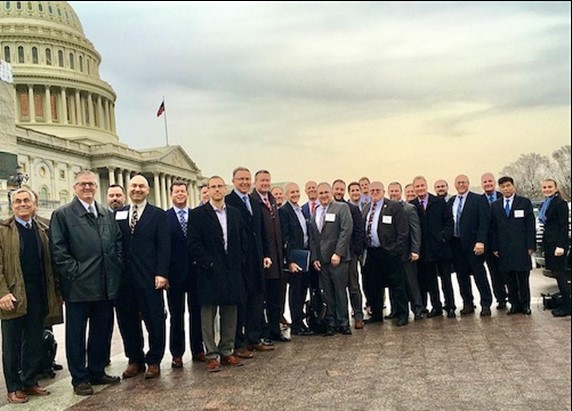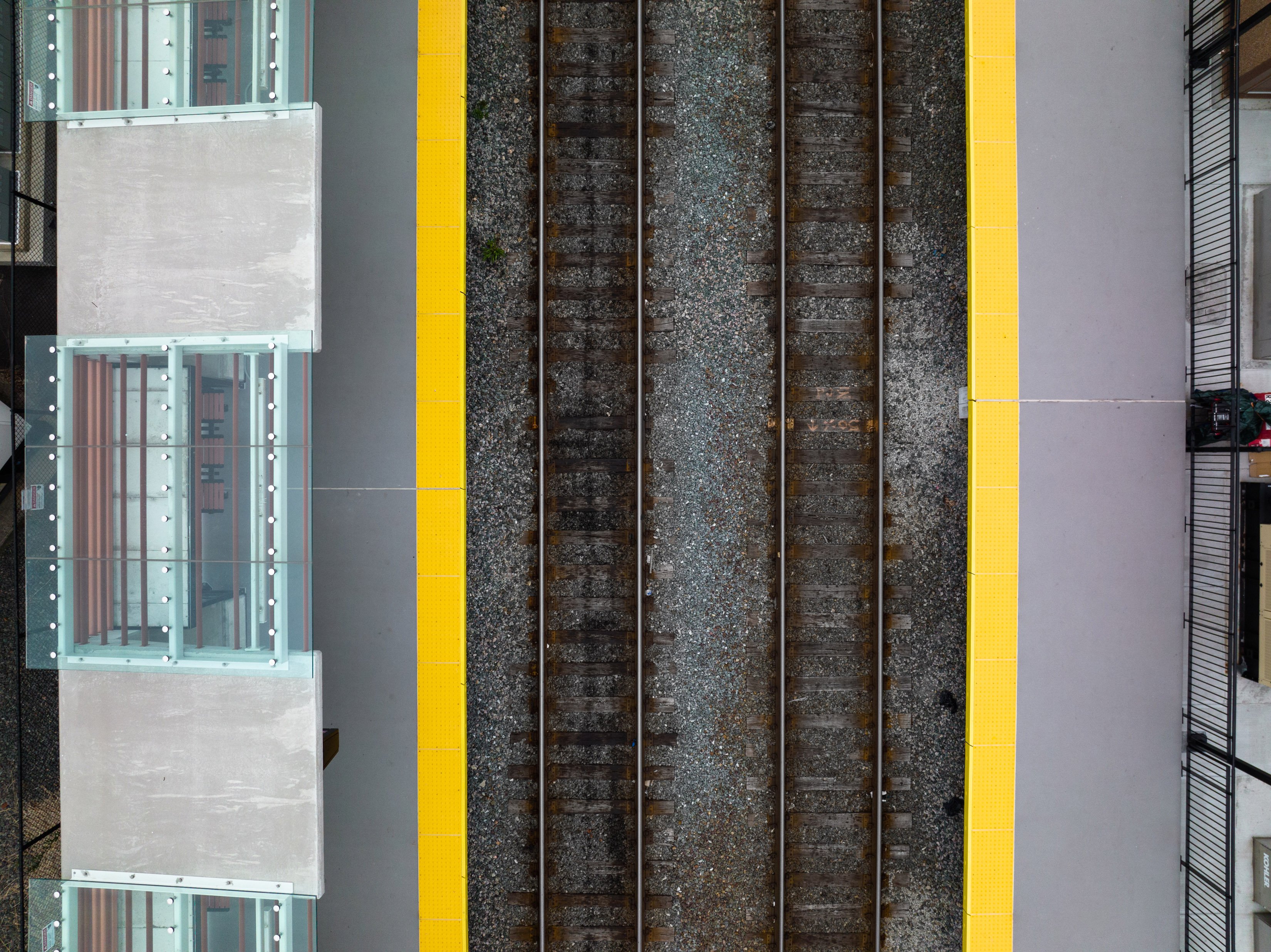
Last week was the fifth annual “Composite Infrastructure Day” on Capitol Hill sponsored by the American Composite Manufacturer’s Association (ACMA.) Like other repetitive February prognosticators, we pop up in Washington, DC to advocate for the bi-partisan improvement of our nation’s infrastructure; both surface transportation and water systems. The success of our advocacy is that we have greatly increased the awareness of congressional offices to the long-lasting benefits of innovative materials like our favorite fiber reinforced polymer (FRP) composites. It is refreshing to walk into meetings with congressional members and/or staffers and see that they remember composites; considering they get bombarded with hundreds of topics per day. The annual visits are important to reinforce how important an infrastructure plan is to our industry and our country. On the frustrating side, the discussions and progress (or lack of) are not much different than what I wrote about in last year’s blog about our fourth visit.
Our primary educational message centers on how the durability, long life and resiliency of composites makes the material an important option for rehabilitating aging infrastructure. Our primary specific requests are that congressional members support the IMAGINE Act which levels the playing field so any newer material technology can compete with traditional materials like steel-reinforced concrete, iron piping and wood without some existing institutional barriers. Composites are just one of the many innovative materials available as better options. The proposed legislation has been introduced as bills in both the House and Senate and is waiting for discussion and action. Parts of the IMAGINE Act related to bridges could end up in a Surface Transportation; and the parts related to water (both drinking water and navigable waterways) could land in the Water Resources Development Act (WRDA) bill.
One of the reasons that I like to visit DC for education and advocacy are the recurring civics lessons. A few weeks ago while preparing for this visit the big question was whether or not the impeachment trial would still be ongoing. Once the trial was over, the prevailing attitude was that everyone was ready to move on other issues and solutions from both sides of the aisle. Infrastructures remains a bi-partisan topic and it still has not moved forward during this administration. The general consensus is that any bills have to be passed by September. After that the focus on the presidential and congressional elections will block out other discussions. The big issue for transportation is funding. The “gas tax” is not working, but there has not been a consensus regarding a suitable replacement that can address the big users of infrastructure and changing technology such as electric vehicles. As a result, passage of a comprehensive transportation bill is less likely. But with the current FAST Act expiring on September 30, 2020, some kind of renewal has to take place. The water bill appears to have more support and probability of passage than the transportation bill.
Through ACMA, our industry will provide additional information to decision makers as the process continues and make sure that our elected officials understand the importance of innovative materials to our infrastructure.
